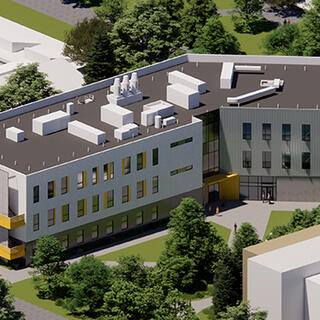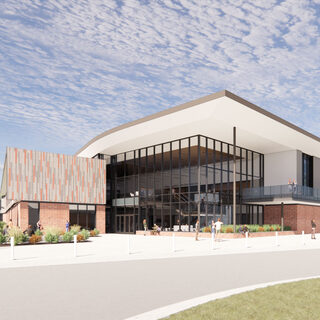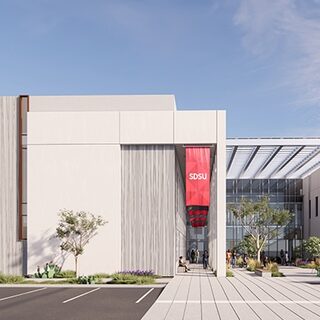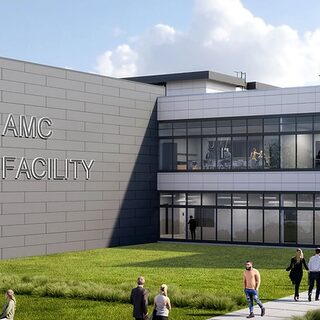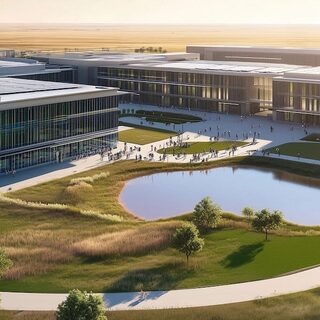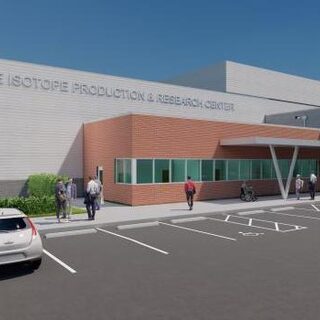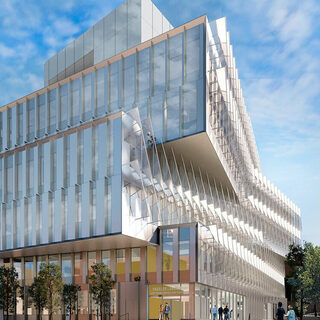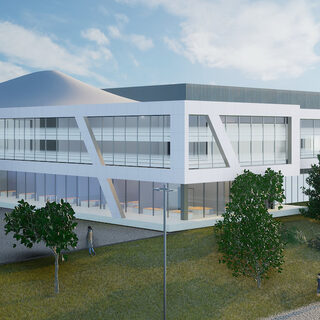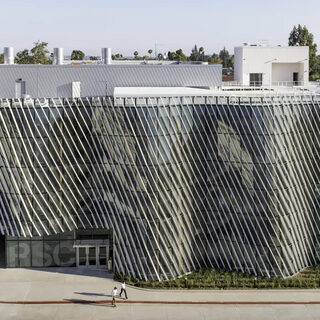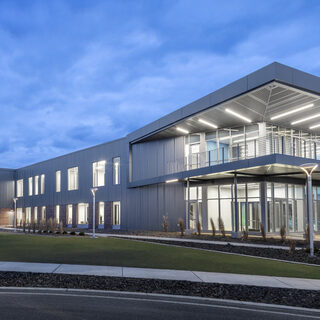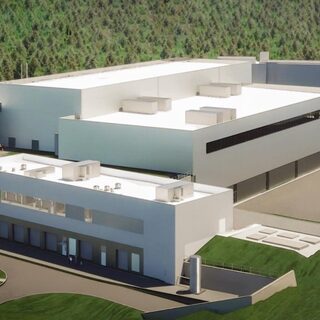CSU Bakersfield Breaks Ground on Energy Innovation Building
California State University, Bakersfield broke ground on the Energy Innovation Building (EIB) in January of 2026. Designed by AC Martin, the 56,000-sf facility will advance STEM education and accelerate the creation of a highly skilled workforce in the region. The three-story structure will provide more than 10,000 sf of teaching lab space, over 8,000 sf of research space, 1,500 sf of student collaboration space, and 20 offices for faculty and staff.
